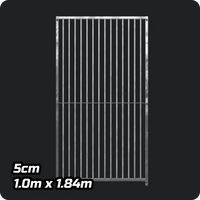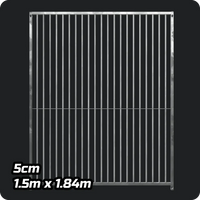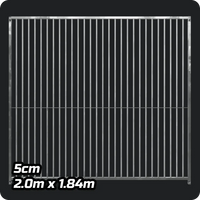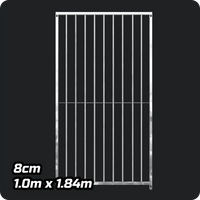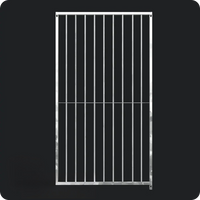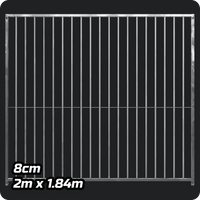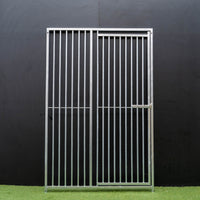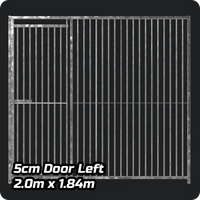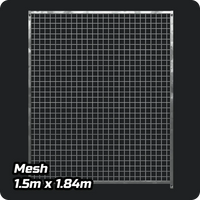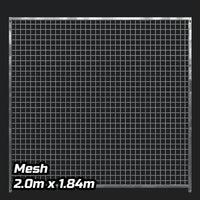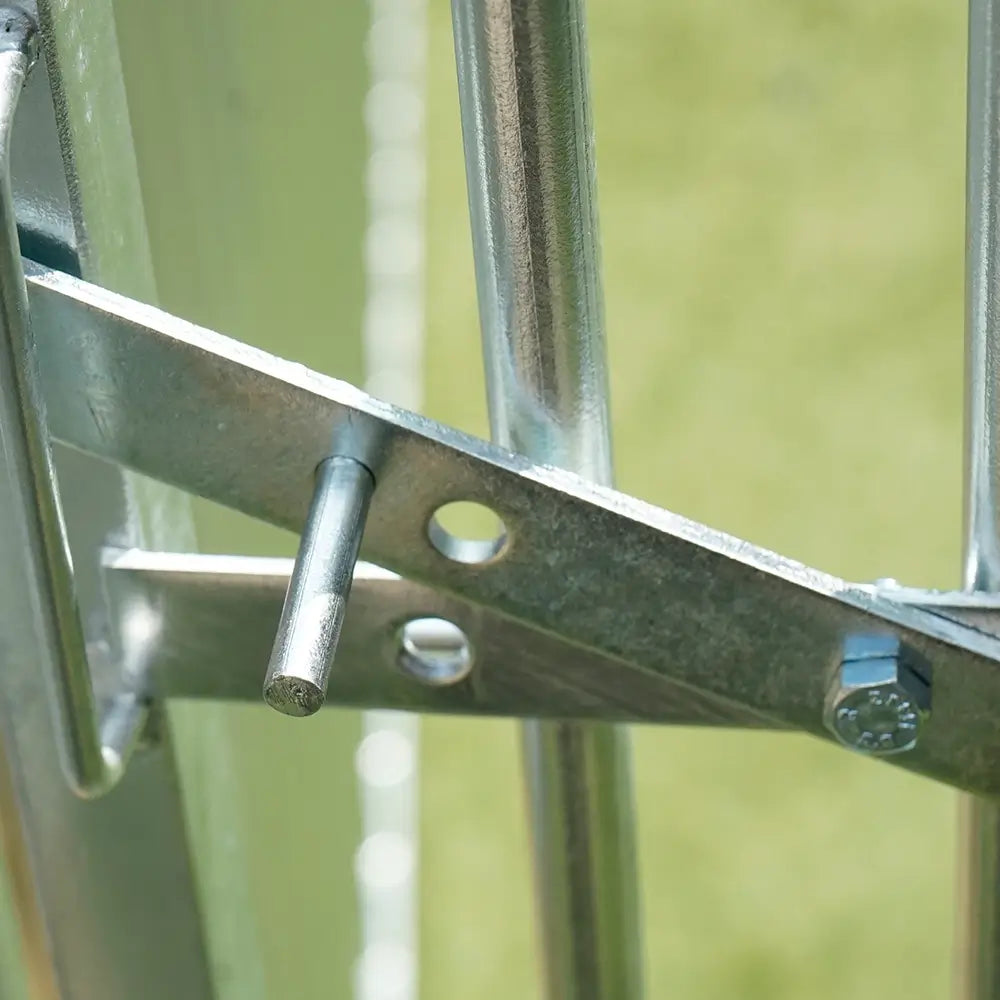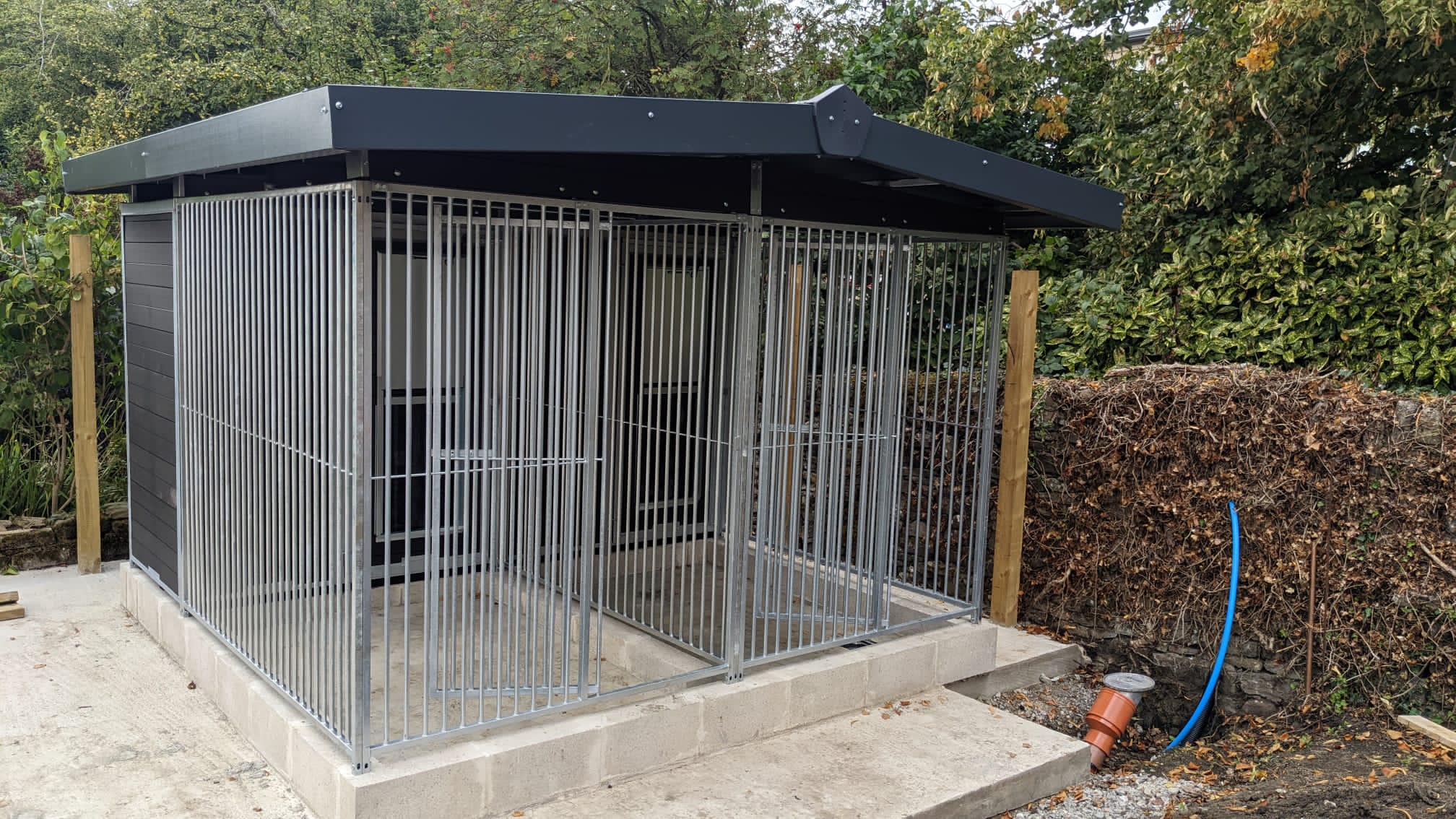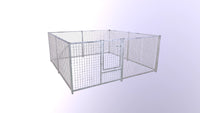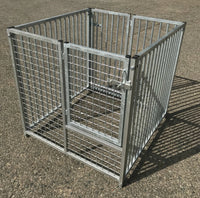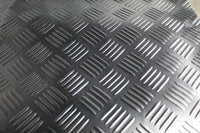
Why do dogs chase their tails? The treatable conditions that drive dogs to distraction.
Understanding Why Dogs Chase Their Tails and How to Address it
Dogs chasing their tails is often perceived as a playful and amusing behavior. However, it is crucial to understand why dogs chase their tails and the potentially treatable conditions that might be encouraging this behavior. This understanding can prevent your dog from unnecessary distress and improve its quality of life.
Some dogs chase their tails because of boredom or as a form of play. Yet, in certain cases, constant tail-chasing can indicate underlying health conditions. Conditions such as dermatitis, fleas, or even allergies can cause itchiness around the tail, prompting dogs to chase and bite at their tails. Meanwhile, neurological conditions like obsessive-compulsive disorder can manifest in repeated tail-chasing.
Identifying and understanding your pet’s behavior is, therefore, vital. If your dog is frequently chasing its tail, it might be time to consult with your vet. These conditions might be causing your pet discomfort but are treatable with proper veterinarian intervention. Times of tail-chasing could be turned into a more peaceful and comfortable life for your dog.
Dogs can’t talk and are only able to communicate through body language and barking, this can make deciphering their behaviours difficult. Do dogs chase their tails because they are Coo-coo bananas or because they have an underlying issue that is driving them nuts? There are many different conditions that can drive dog to chase its tail out of frustration these conditions are:
- Parasites such as fleas or worms
- Environmental and skin allergies
- Hot spots and other secondary infections
- Stress, boredom or confinement
- Injury
- Impacted anal glands.
(Disclaimer: this advice is intended only as a guide, for persistent or severe ailments please seek help from you vet)
- Parasitic Infestations
Fleas and ticks are common in dogs, particularly in the summer time. The best way to deal with fleas is to prevent them in the first place, you can do this in a few ways but a good one is to treat your home with an anti-flea solution and also using anti flea solution on your dog.
Our Dyna-mite liquid is an all-natural solution that you dilute down and spray about the house and on your pet (Just spray where they can’t lick it off though). Being natural this product is environmentally friendly and non-toxic, it also smells very pleasant! It is a very cost effective way of preventing fleas as only a small amount is needed in water to be effective, spray regularly (particularly during summer) to achieve the best results. Additionally, our Dyna-Mite shampoo, which is also made of natural ingredients is great for giving your dog a natural defence against fleas, in summer use regularly to achieve best results.

- Environmental and skin allergies.
We tend to think of dogs as being very resilient which though is often true, however there are things they struggle with the same as us and one of these things is allergies. Whether it be allergies to certain plants and trees or an allergic reaction to food dogs can feel itchy as a result of the reaction. Symptoms of allergies in dogs are: Hives, puffy face, itchiness, redness of skin, agitation/restlessness and feeling hot to the touch. If your dog displays these symptoms you may need to take them to the vet as there may be an issue with their diet or environment.
Our dog food healthy dog is a gluten free hypoallergenic dog food designed to suit dogs with allergies, if you would like to try Healthy dog food but don’t want to take the plunge and buy a whole bag you can request a free sample when you place an order for one of our products and we will be happy to send some out to you!
We also stock a product called Moor gold cream (otherwise known as magic!) this can be applied to areas of the skin that appear red or painful. It is an anti-infection cream that promotes healing in dogs made from all natural ingredients and will reduce the feeling of itchiness. This product can even be used on humans, and is very useful if you have a spot/pimple!

- Hot spots and secondary infections.
A hot spot is an area on a dog’s body where repeated scratching or chewing leads to the creation of an open wound. Warmth and moisture are the optimal conditions for hot spots to form. Should stray bacteria find its way to the site before it is properly treated, a secondary infection is a typical result. Recognize a hot spot by the presence of blood, pus, and matted hair. If you notice your dog has an injury such as this, you will need to take them to the vets as it could become infected. If your puppy or dog is biting at the base of her tail so frequently that they draw blood, then secondary infections are not the root cause of her problem, only another symptom. A veterinarian can help you determine whether the true reason has to do with hygiene, nutrition, or another factor.
- Stress boredom
Dogs don’t have bills to pay but the can still get stressed! Stress and boredom is one of the major reasons that dogs will bite their tails, whether they are jumpy because of noises, not getting enough exercise or being confined for too long. Dogs who do not get sufficient exercise, interactive play or mental stimulation may turn to self-destructive activities like tail biting as ways to get attention. It is important to address this issue as can make the dog act out in destructive ways, each breed is different and not all dogs will have the same needs you will need to research your dog’s own needs.
It is important to address the root cause of the issue however in cases where the dog may hurt itself due to stress our herbal mellow may be of use however it should NEVER be used as a substitute for exercise!

- Injury
Any kind of rear or hindquarters injury such as a broken or fractured tail bone, for instance is something a dog cannot inform his owner of, and may go unnoticed under normal circumstances. The intensity of the dog’s pain may lead her to act on or draw attention to it by excessive chewing, biting, or licking at the affected area. Obviously this is a much more extreme case than the others however it is important to keep in mind.
- Impacted Anal glands
Finally, another common reason why a dog may be biting at the base of her tail until it’s bleeding is an impacted anal gland. A dog’s anal glands are as important to a dog as our hands are to us, and, socially, they fill similar needs. Just as we shake hands when we meet folks, canine anal glands secrete interesting fluids that dogs smell when they meet each other. This is one reason why dogs are so intent on sniffing at each other’s rear ends at any opportunity.
One obvious sign that a dog is having an anal gland issue is scooting, when he sits up and drags his bum across the floor. Other symptoms include a fouler-than-normal smell originating from a dog’s behind, trouble defecating (you call it constipation), and, in severe cases, blood or pus in the faeces.
Our own Anal gland product is a supplement that adds fibre to your dog’s food allowing them for easier and more comfortable digestion, preventing the glands from becoming impacted.

